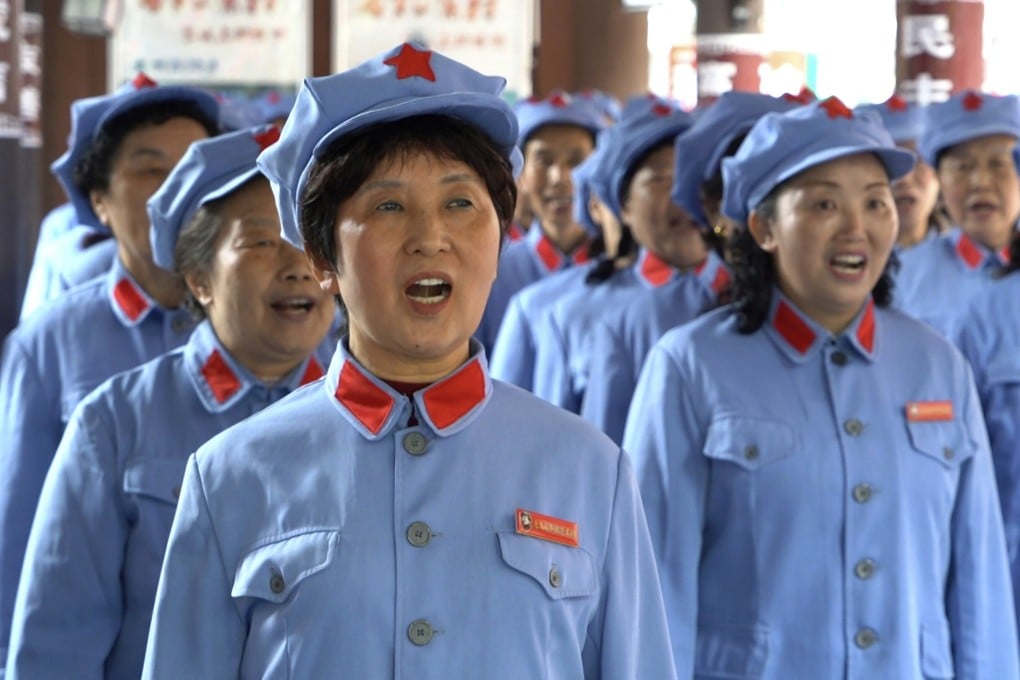Advertisement
China Briefing | Why rising ultra-left nationalism is the biggest danger to China’s development
- China’s clash with the United States has given leftists an opening to push for their agenda under the guise of patriotism and allegiance to communist ideals
- A senior official’s warning that China must learn lessons from the Mao era reflects fears that such sentiment threatens to derail economic development
Reading Time:5 minutes
Why you can trust SCMP
52

The period of the Great Leap Forward, the People’s Communes and the Anti-Rightist Campaign from 1957 to 1962 may be a bygone era the Chinese leadership prefers to leave unmentioned because of its devastating consequences.
In 1958, Mao Zedong launched a radical campaign known as the Great Leap Forward to surpass Britain through rapid industrialisation and agricultural collectivisation to turn an agrarian country into a communist paradise. Illiterate peasants and workers were encouraged to set up backyard furnaces to turn scrap metal into steel. Meanwhile, peasants were mandated to turn over their private plots and equipment to common ownership groups known as People’s Communes with their wages equalised and all of them eating in a communal canteen – known as eating from the big bowl.
To brook no dissent, Mao also launched the Anti-Rightist Campaign to target the official elites and intellectuals who had doubts or criticisms about his policies and labelled them “bourgeois” and sympathisers of the Western ideals.
Mao’s irrational and misguided policies, fanned by extreme ultra-left nationalism, produced catastrophic results: industrial output and grain production fell sharply and millions of people died in famine during the period although the natural disasters of drought and floods also played a role.

Now 60 years later, as the world’s second largest economy, China may have come a long way but concerns about the extreme ultra-left views of a bygone era are still very much alive.
Advertisement
